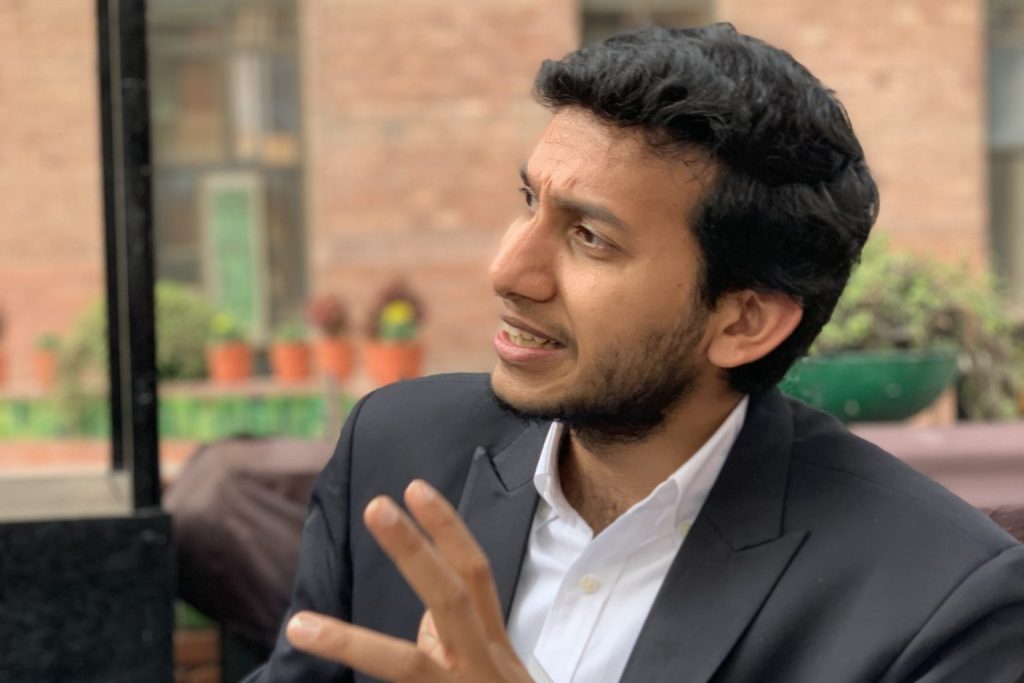Oyo Founder Describes U.S. Owner Concerns as 'Teething Issues'

Skift Take
A deeper engagement with owners is definitely one of the key things Oyo needs to achieve to address some of its problems. CEO Ritesh Agarwal, who recently took a larger stake in the company, seems to be on the case.
Oyo Hotels & Homes is stepping up efforts to engage hotel owners and help them grow their business, but denies this is in response to mounting complaints from some owners and multiple hotel associations in India.
Pushing back against media reports, Oyo founder and CEO Ritesh Agarwal said the company's launch of OPEN (Oyo Partner Engagement Network) in India in April and in Indonesia last month shows that owners are concerned with numerous issues, including growth and access to capital, and not primarily low room rates. Oyo intends to launch OPEN soon in China and globally.
In two recent interviews with Skift, Agarwal discussed the battering Oyo is taking in its home market, India, which contributes to a third of its revenues, as well as in the United States.
Skift recently exposed the difficulties some owners in the U.S. were facing after signing on with the budget chain, while Nikkei Asian Review reported how a massive shortfall in Oyo’s expansion goal in Japan had snowballed into a nasty labor dispute.
But Oyo said the new partner network wasn’t a reaction to association-led opposition in India and related issues, pointing out it had introduced the initiative to Indonesia even though it had not seen a “public uproar” there.
“It’s an open engagement with owners, and on top of that, it puts some commercial responsibilities on us, which makes us deliver better,” said Agarwal.
For example, Oyo pledges to pay 18 percent interest per annum to owners if payments get delayed.
Reacting to issues raised by hotel owners in India, Agarwal said Oyo is "committed to doing all we can to ensure we create value for them and have a long an
